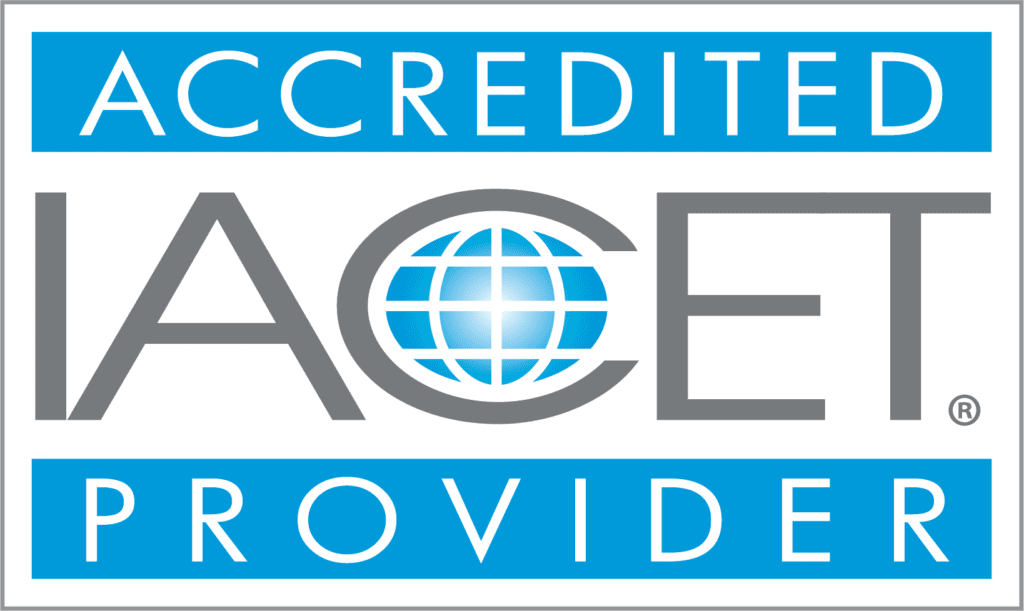

Our behavior management courses are designed to help you meet and exceed those standards. These affordable, practical ECE professional development courses help you understand, manage, and eliminate many common behavioral issues.
Helping your little learners become more resilient and watching them bounce back to overcome adversity is one of the most rewarding parts of a preschool teacher’s career. On the other hand, seeing your students struggle and fail can be painful.
While you understand that each challenge is an opportunity for growth, pre-schoolers can quickly become overwhelmed or lose confidence in their ability to problem-solve. While resiliency is a trait that even the littlest learners can develop, how it develops is heavily dependent on temperament.

Our comprehensive temperament and resiliency course details all nine temperament types, and helps you recognize them within a classroom context.
Like all of our classes, the temperament and resilience course was designed by preschool teachers, so it goes far beyond the theories and deep into the practical. The strategies introduced are targeted toward specific temperament types, giving you a full toolbox to choose from when you get back to your classroom.
When your lesson plan gets derailed by a meltdown, it can be hard to keep your frustration at bay. For kids with sensory issues, getting over it and moving on aren’t always viable options. Too much sensory stimulation, too little sensory stimulation, or a non-preferred sensory stimulus can all lead to extreme reactions, intense distress, or intractable shutdowns.
While many disorders and conditions include difficulty with sensory processing as a symptom, sensory issues do not necessarily indicate the presence of a diagnosis. Our sensory issue support and navigation course gives you effective strategies, allowing you to support all your learners through sensory difficulties.

After taking this class, you’ll know how to identify the sensory response patterns exhibited by your learners and practice effective interventions to minimize the effect these issues have on learning.
Rather than reacting to sensory-related behaviors in the moment, learn how to proactively plan your curriculum, classroom environment, and instructional methodology to best support learners with sensory processing issues.

Little people (and teachers!) thrive off of predictability and clear expectations. One of the most effective behavioral management strategies out there is circle time. It sounds simple enough, but if you’ve ever tried to implement a morning meeting, you know it’s not as easy as it sounds!
A well-established circle time can be the most effective and efficient way to communicate expectations and practice community-building with your class. This highly practical circle and morning meeting time course begins with the very basics of making a plan for circle time, explores ways to use circle time for problem-solving, and asks you to reflect on your mindset and expectations for this activity.

Transitioning from one location or activity to another is a challenge for many adults. Infants or toddlers, with their decreased emotional regulation skills and limited understanding of the world around them, can have an even tougher time.
Untangling transitions takes time, forethought, and effort, but the results are worth it. Smoothing out the kinks in your transitions helps the day flow more smoothly and gives you a plan for dealing with behavioral issues when they inevitably arise.
When your day runs smoothly, you’re able to devote more time and energy to enhancing and enriching learning opportunities. It becomes easier to meet your short and long-term classroom goals while also meeting regulatory and administrative expectations.
Research shows that 26% of children will experience some type of trauma before the age of 4.
Trauma informed care means the teacher aims to empower students who have experienced trauma and helps them feel safe in their school environment to learn and grow freely. By the end of this training you will be able to:

Emotional regulation is a key skill you need to teach — and practice — every day as a preschool teacher. Establishing and sticking to a predictable routine can help manage aggressive and defiant behavior, but you need other strategies for when exaggerated anger responses rear their heads.
Taking time out from the classroom to learn the most effective ways to deal with aggressive and defiant behavior can make you feel more confident tackling classroom behavior management. Our aggressive and defiant behavior management course covers the origins of these behaviors and provides you with actionable skills to implement in the moment.
Understanding that behavior is contextual, this course also provides learners with strategies for communicating with caregivers and the administration in pursuit of the best outcome for your little learners.

On top of that, we know that a lot of ECE professional development feels useless, boring, and repetitive. That’s why our courses focus on the practical applications of the most up-to-date research. Our courses were created by teachers, for teachers. We want to help you thrive as a teacher and serve your students well. Our online ECE training will help you do it.


At Impact Early Education, we know your work is never done. That’s why we provide valuable professional development courses for preschool teachers, directors, and owners in a way that works for you. Self-paced and all online, you don’t have to leave your home or classroom to complete your early childhood training hours. Instead, it’s all available right at your fingertips for you to take whenever you can (because, let’s be real — this stuff is important and you already have a very busy schedule).
If you’ve gotten this far, then we know you love working with young learners, and you’re committed to being the best educator you can be. That’s AMAZING, and so are you! Never forget — your work is among the most important work there is, and we appreciate you.
To learn more, explore our courses and membership options, or contact us today!
